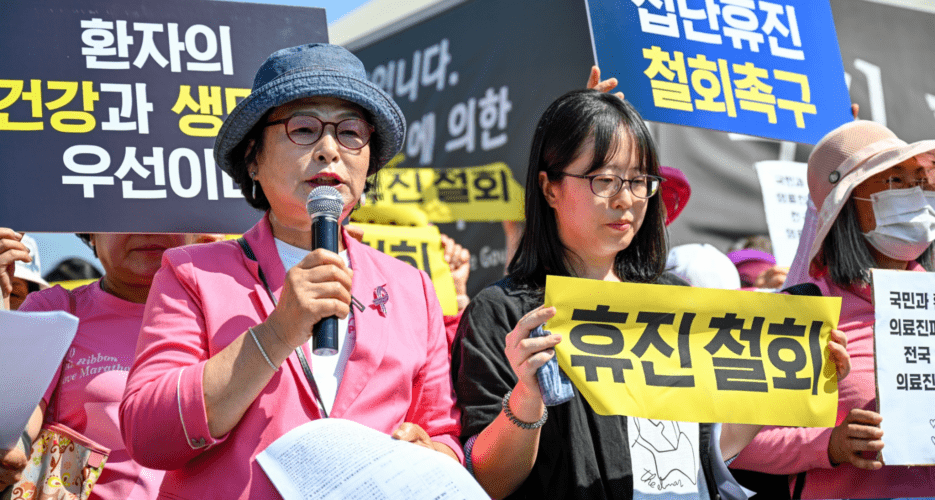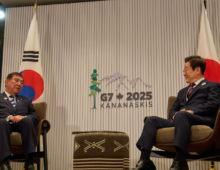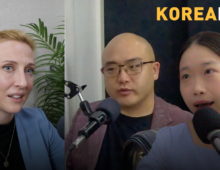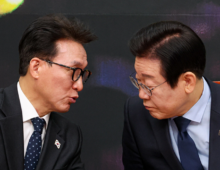Long-standing doctor shortage and perception of doctors prioritizing livelihoods fuel government’s upper hand
The South Korean government’s proposal to increase the medical school admissions quota by 60% in 2025 has sparked a fierce four-month standoff with the nation’s doctors. Despite doctors’ opposition, public sentiment favors the government’s stance, driven by the long-standing issue of doctor shortages and the perception that medical professionals are prioritizing their livelihoods over patient care.
As the government holds the upper hand in this bitter dispute, recent developments suggest a potential for dialogue and resolution. However, the administration faces the challenge of not only implementing its reform plan but also managing the negative consequences that may arise from the proposed increase in medical student numbers.
The South Korean government’s proposal to increase the medical school admissions quota by 60% in 2025 has sparked a fierce four-month standoff with the nation’s doctors. Despite doctors’ opposition, public sentiment favors the government’s stance, driven by the long-standing issue of doctor shortages and the perception that medical professionals are prioritizing their livelihoods over patient care.
As the government holds the upper hand in this bitter dispute, recent developments suggest a potential for dialogue and resolution. However, the administration faces the challenge of not only implementing its reform plan but also managing the negative consequences that may arise from the proposed increase in medical student numbers.
Get your
KoreaPro
subscription today!
Unlock article access by becoming a KOREA PRO member today!
Unlock your access
to all our features.
Standard Annual plan includes:
-
Receive full archive access, full suite of newsletter products
-
Month in Review via email and the KOREA PRO website
-
Exclusive invites and priority access to member events
-
One year of access to NK News and NK News podcast
There are three plans available:
Lite, Standard and
Premium.
Explore which would be
the best one for you.
Explore membership options
© Korea Risk Group. All rights reserved.
No part of this content may be reproduced, distributed, or used for
commercial purposes without prior written permission from Korea Risk
Group.












